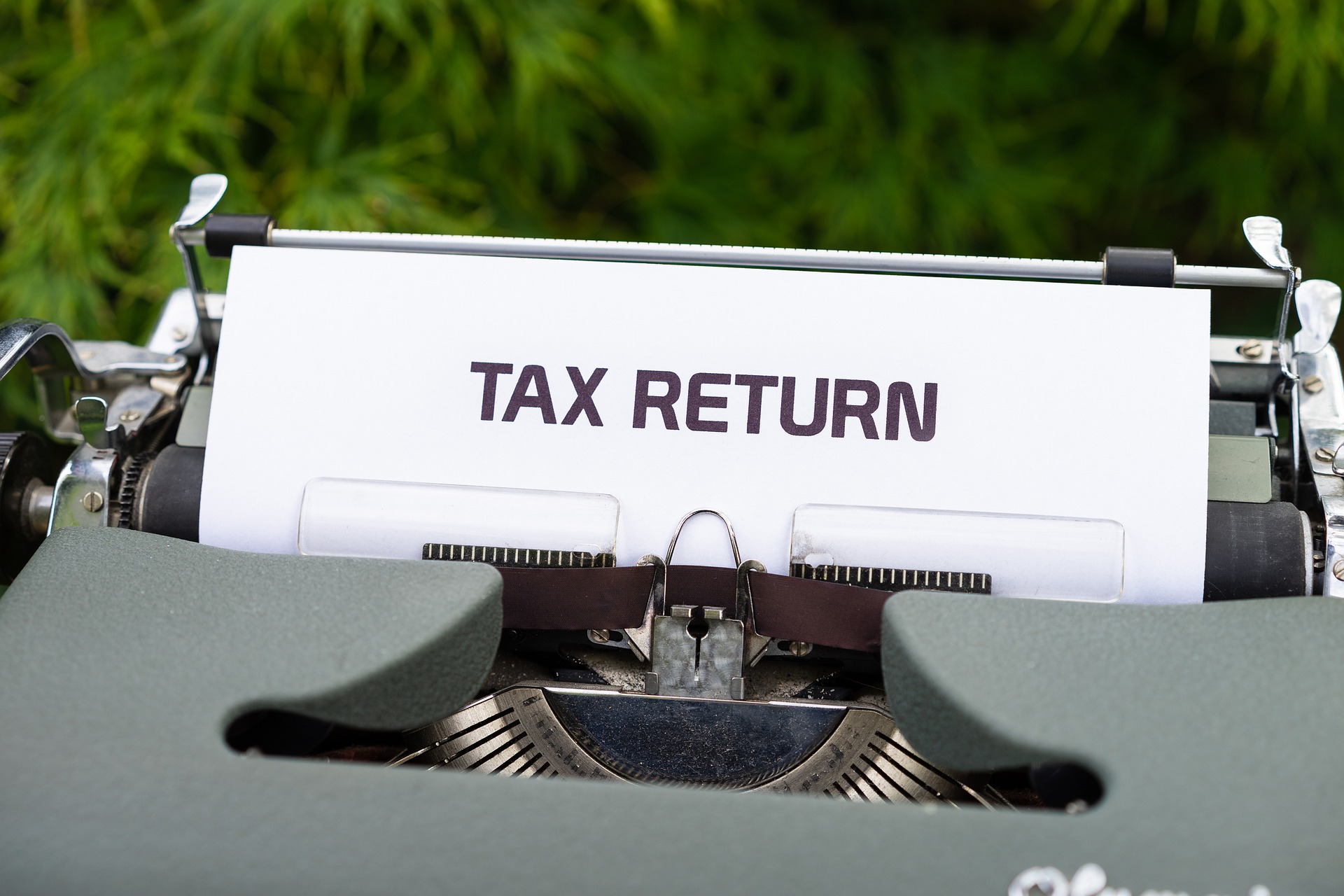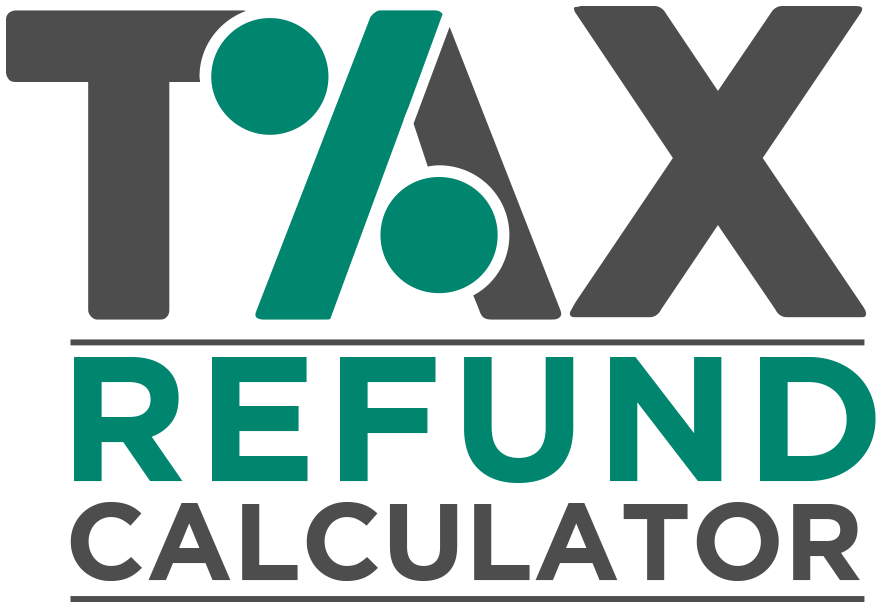
Myths about Tax Returns That Could Get You in Trouble
Tax returns are the documents that record your income and taxable income and calculate the amount of tax you should pay. You will have to provide income (and other) details every year, and they’ll be sent off to HMRC. Your tax return will also state your National Insurance contributions to be paid.
Failure to submit a tax return on time can result in severe penalties, including fines and prison time.
The best way to protect yourself is by being informed. Today, let’s take a closer look at some common myths about tax returns. You can avoid getting into unnecessary trouble with the HMRC by debunking these myths.
Here’s what you need to know:
“Only the Self-Employed Have to Complete Self-Assessment Tax Returns.”
This is one of the most common myths. Anyone who has earned any income—whether or not they’re an employee – must complete a tax return. You will also have to file a tax return if you have any unclaimed income, for example, an interest that was not claimed on your bank statement.
Even if you are employed, you will still have to complete a tax return if your income from other sources is more than £2,500.
“I Don’t Need a Tax Refund.”
You might have paid too much tax throughout the year. If your tax bill is higher than your original estimate, you can apply for a tax refund. However, it’s always better to pay a little too much than not enough. You will be hit with a penalty and charged interest on the shortfall if you don’t pay enough.
“I Don’t Have to Report Every Pound I Make.”
To ensure you pay the right amount of tax, you must report all of your income, even if it comes from small sources such as bank interest or gifts from family members. Even if you don’t have to pay tax on your income (for example, if it’s below the personal allowance), you will still have to report it. If your income is in a higher tax bracket, you will pay a higher tax percentage.
“If You Haven’t Received a Letter, You Don’t Need to File.”
You must file a tax return for every year you earn any income, even if you haven’t received a letter from the HMRC. If the HMRC doesn’t send you a letter, they likely have the details they need from your employer to contact you. However, you should always watch for correspondence from the HMRC, especially in the run-up to the tax deadline.
“It’s OK to Leave Your Tax Return ’til the Last Minute.”
Even though it is better to have time to make changes to your tax return than not enough time, it’s still better to file your tax return early. This will give you time to make any necessary changes. Also, if you are owed a tax refund, you will have more time to claim it.
“Tax Refunds Are Automatic.”
Unfortunately, this is not the case—you need to apply for your tax refund. Ensure you have all the information you need to complete your tax return, including any expenses you want to claim. You should claim as soon as possible so that you can be paid as quickly as possible.
The Bottom Line
If you want to avoid mistakes and pay the right amount of tax, you need to be aware of the common myths about tax return filing. Once you know the facts, you can start planning for tax season and make sure that you get your tax return filed on time. It’s also essential to make sure that you are claiming all the tax rebates that you are entitled to.
For this reason, it’s essential that you use a reliable tax refund calculator. If you are applying for a tax refund, we can help you! At Tax Refund Calculator, our service could be completely free. Use our calculator now and find out what you really owe. Contact us today to learn more!

